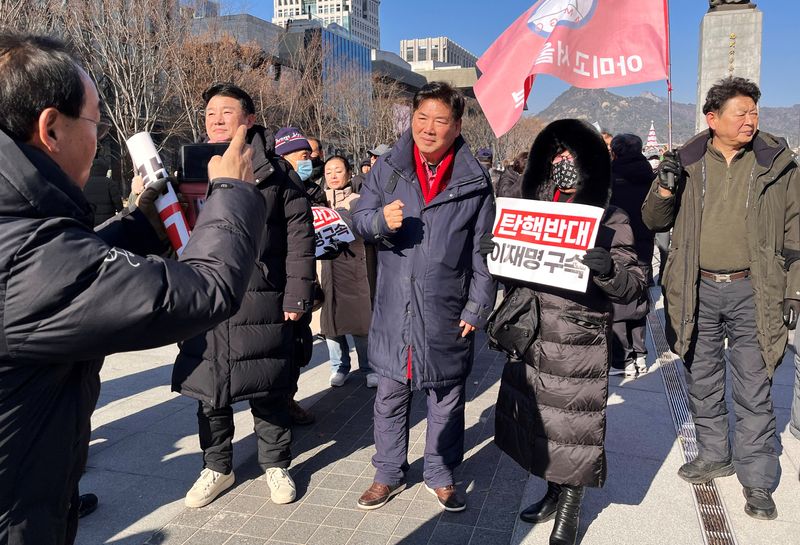AI Sentiment: Neutral
Reason: The article discusses the growing influence of right-wing YouTube channels in South Korea, and their potential impact on the upcoming elections. It does not express a positive or negative view towards any company or crypto.
South Korea's right-wing political faction has found a powerful platform in YouTube. This group, often referred to as the 'New Right', has started to create and share content on the platform, showcasing their political ideologies and beliefs. The platform has proved to be an effective tool for the New Right, with their channels garnering millions of views. Their popularity has even led to some politicians taking notice, most notably, the presidential candidate, Yoon Suk-yeol.
Yoon, who is vying for the presidency in the upcoming March elections, has openly embraced this right-wing YouTube world. He has appeared on several of these channels, leading to a surge in viewership numbers. His appearances are strategic, as they have helped him connect with younger voters who traditionally lean towards liberal views. This strategy also allows him to bypass mainstream media, which he believes has a liberal bias.
One of the most popular right-wing YouTube channels is 'Jeong Kyu-jae TV', which has over 800,000 subscribers. Jeong Kyu-jae, the host, is a former newspaper editor who has turned into a YouTube sensation. His videos, often critical of the current liberal government, have resonated with many South Koreans, leading to his channel's success. Other popular channels include 'Daeback News' and 'Ttukttagi'.
The content produced by these channels is often controversial. They have been accused of spreading misinformation and creating political polarization in the country. However, they deny these accusations, claiming that they merely provide a different perspective and offer critical views of the government. These channels argue that their popularity indicates a demand for their content and viewpoint.
However, critics worry about the potential influence of these channels on the country's political landscape. They express concerns about the spread of misinformation, the potential for increased political polarization, and the use of these channels as a tool for political campaigning.
Despite these concerns, the right-wing YouTube world in South Korea continues to grow in influence. As the upcoming elections approach, it remains to be seen how these channels will impact the outcome, and what role they will play in the future of South Korean politics.




